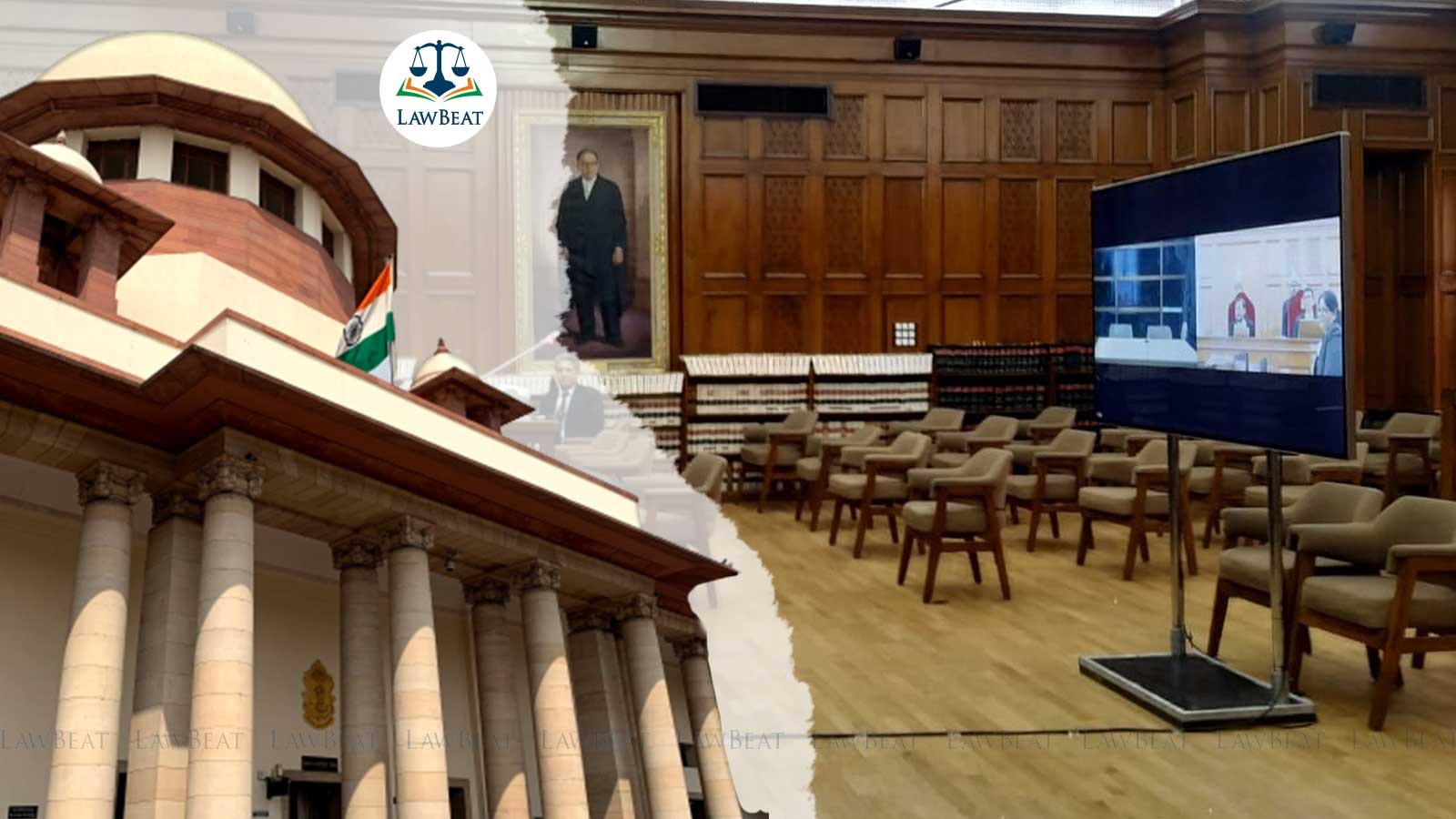Supreme Court Dismisses Plea for Virtual Hearings in All District Courts

Court highlighted that such matters are already being addressed under the ongoing eCourts project
The Supreme Court on September 6 dismissed a petition seeking virtual hearing or video conferencing facilities in all district courts across India.
A bench led by Chief Justice of India (CJI) DY Chandrachud, along with Justices JB Pardiwala and Manoj Misra, remarked that uniform directions through judicial orders could not be issued due to the complex administrative challenges the courts face.
Court highlighted that such matters are already being addressed under the ongoing eCourts project.
Petitioner-in-person Kishan Chand Jain proposed a phased introduction of virtual hearings at district courts. To this, CJI Chandrachud acknowledged the provisions but noted it would be impractical for the Supreme Court to oversee their nationwide implementation due to the large number of district courts.
On the proposal for evening courts, the CJI questioned the feasibility, pointing out that expecting lawyers to argue cases after a full day in court is unrealistic.
CJI stated that the issue of virtual courts is being addressed under Phase III of the eCourts project, a government-backed initiative with a Rs 7,000 crore budget aimed at integrating technology into the judiciary.
"The sanction has been granted by the government. Money has been disbursed to the high courts. 94-95% of the first tranche has been spent by the high courts within a period of less than 10 months, as we have under a year for the first tier of the e-courts project," CJI said.
He added, "The high courts have done a commendable job".
Furthermore, he mentioned that different high courts have different problems. "For instance, the Meghalaya High Court has issues with finding vendors, as do the High Courts of Manipur and Tripura, which differ from the challenges faced by the Bombay High Court," he said.
He stressed, "So these are not the matters where we can sit down and start monitoring on the judicial side".
He emphasized that the high courts have a setup in place. "High courts have robust ICT committees which are looking after the infrastructure. Trust them. We cannot keep on issuing notices in the PILs", CJI said while dismissing the petition.
Case Title: KISHAN CHAND JAIN Versus UNION OF INDIA AND ORS
